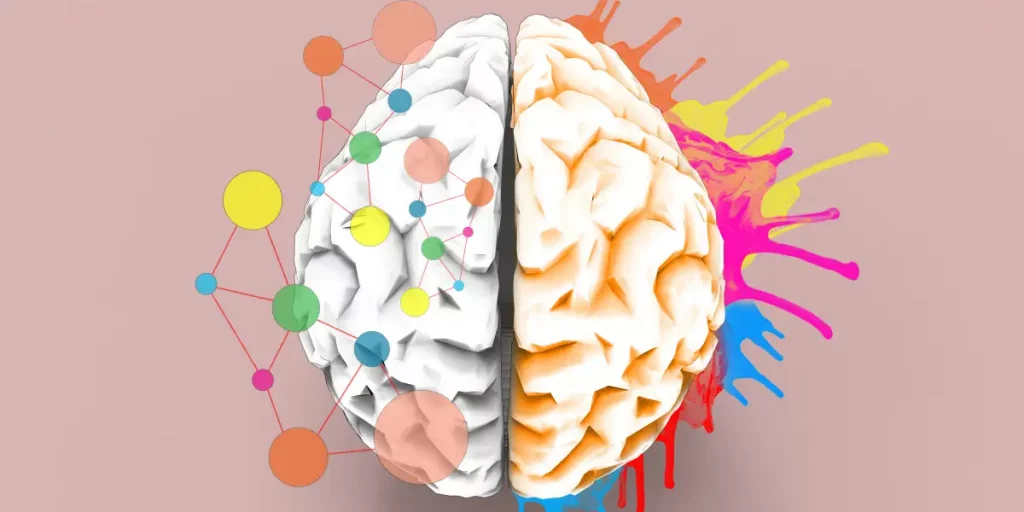
Mindful Living: Elevating Your Life Through Meditation
In today’s fast-paced world, finding moments of peace and clarity can seem like a luxury. However, amidst the chaos, there exists a transformative approach to life known as mindful living. Rooted in the ancient practice of meditation, mindful living offers a pathway to inner peace, personal growth, and holistic well-being.
Introduction to Mindful Living
What is Mindful Living?
Mindful living is a way of being fully present and engaged in each moment, with a heightened awareness of our thoughts, emotions, and surroundings. It involves cultivating a non-judgmental attitude and accepting things as they are, without dwelling on the past or worrying about the future.
Importance of Mindful Living
In today’s hyper-connected world, many people find themselves overwhelmed by stress, anxiety, and distractions. Mindful living offers a remedy to these modern-day afflictions, helping individuals to reduce stress, improve focus, and cultivate a deeper sense of fulfillment and joy in their lives.
Understanding Meditation
Definition of Meditation
At its core, meditation is a practice that involves training the mind to achieve a state of inner peace, clarity, and calmness. It encompasses a variety of techniques, from focused attention on the breath to guided visualizations and body scans.
Different Types of Meditation Techniques
Meditation is a versatile practice with numerous techniques tailored to suit different preferences and needs. These include mindfulness meditation, loving-kindness meditation, transcendental meditation, and more.
Benefits of Meditation
Research has shown that regular meditation practice offers a myriad of benefits for both the mind and body. These include reduced stress and anxiety, improved cognitive function, enhanced emotional well-being, and greater resilience to life’s challenges.
Incorporating Meditation into Daily Life
Finding Time for Meditation
One of the common misconceptions about meditation is that it requires hours of dedicated practice each day. However, even just a few minutes of meditation can yield significant benefits. By carving out small pockets of time throughout the day, such as during a morning routine or before bedtime, individuals can integrate meditation seamlessly into their daily lives.
Creating a Meditation Space
Having a dedicated space for meditation can help cultivate a sense of tranquility and focus. Whether it’s a cozy corner in the home or a serene outdoor spot, creating a designated meditation space can signal to the mind that it’s time to unwind and connect with the present moment.
Overcoming Common Challenges
Like any new habit, establishing a regular meditation practice comes with its challenges. Common obstacles include restlessness, wandering thoughts, and difficulty maintaining consistency. By approaching these challenges with patience and self-compassion, individuals can gradually build resilience and deepen their meditation practice.
Personal Growth Through Mindfulness

Cultivating Self-Awareness
Mindful living fosters self-awareness by encouraging individuals to observe their thoughts, emotions, and behaviors without judgment. This heightened self-awareness enables individuals to make conscious choices aligned with their values and aspirations.
Enhancing Emotional Intelligence
By developing greater awareness of their emotions, individuals can cultivate emotional intelligence—a key component of personal growth and interpersonal relationships. Mindful living teaches individuals to respond to emotions with wisdom and compassion, rather than reacting impulsively or being controlled by them.
Improving Relationships
Mindful communication and empathy are essential ingredients for nurturing healthy, fulfilling relationships. By practicing mindful listening and fostering genuine connection with others, individuals can cultivate deeper bonds and navigate conflicts with grace and understanding.
Mindful Practices Beyond Meditation
Gratitude Journaling
Keeping a gratitude journal is a simple yet powerful practice that involves regularly reflecting on the things we’re grateful for. By cultivating an attitude of gratitude, individuals can shift their focus from scarcity to abundance, fostering a sense of contentment and appreciation for life’s blessings.
Mindful Eating
Mindful eating involves paying attention to the sensory experience of eating—savoring the flavors, textures, and aromas of each bite. By eating mindfully, individuals can cultivate a healthier relationship with food, prevent overeating, and enhance digestive wellness.
Mindful Movement (e.g., Yoga)
Yoga is a holistic practice that combines physical postures, breathwork, and meditation to promote strength, flexibility, and inner peace. By practicing yoga mindfully, individuals can cultivate a deeper connection between body and mind, fostering overall well-being and vitality.
Overcoming Obstacles on the Mindful Living Journey
Dealing with Distractions
In today’s digital age, distractions abound, making it challenging to stay present and focused. Mindful living involves developing strategies to minimize distractions and cultivate a sense of inner calm amidst the noise of daily life.
Managing Stress and Anxiety
Stress and anxiety are inevitable aspects of the human experience, but they need not dictate our lives. Mindful living equips individuals with tools and techniques to manage stress and anxiety more effectively, such as deep breathing exercises, progressive muscle relaxation, and mindfulness-based stress reduction techniques.
Perseverance and Patience
Like any journey of personal growth, the path to mindful living requires perseverance and patience. It’s essential to approach the practice with an open mind and a willingness to embrace both the joys and challenges along the way. By cultivating resilience and staying committed to the journey, individuals can reap the rewards of mindful living in their daily lives.
Perseverance and Patience: Keys to Success

The Importance of Consistency
Consistency is key when it comes to cultivating mindful living practices. Just as physical exercise requires regular workouts to see results, mindfulness and meditation demand consistent effort over time. By making a commitment to practice regularly, even for just a few minutes each day, individuals can gradually deepen their mindfulness skills and experience lasting benefits.
Nurturing Resilience in the Face of Challenges
Life is full of challenges and setbacks, but mindful living equips individuals with the tools to navigate adversity with greater resilience and grace. By cultivating a mindset of acceptance and non-judgment, individuals can approach challenges as opportunities for growth and learning rather than insurmountable obstacles.
Embracing Imperfection and Self-Compassion
In the pursuit of mindful living, it’s essential to let go of perfectionism and embrace the inherent messiness of being human. Rather than striving for flawlessness, individuals can practice self-compassion and acceptance, recognizing that it’s okay to stumble along the way. By treating themselves with kindness and understanding, individuals can foster a deeper sense of self-love and acceptance.
Deepening Mindfulness Practice: Advanced Techniques
Exploring Advanced Meditation Techniques
As individuals become more experienced in their mindfulness journey, they may wish to explore advanced meditation techniques to deepen their practice. These may include practices such as Vipassana (insight) meditation, where practitioners observe the impermanent nature of sensations and thoughts, or Metta (loving-kindness) meditation, which involves cultivating feelings of love and compassion towards oneself and others.
Integrating Mindfulness into Daily Activities
Mindful living isn’t limited to formal meditation practice; it can be integrated into every aspect of daily life. Whether it’s washing the dishes, walking in nature, or engaging in conversation, individuals can bring mindful awareness to their everyday activities. By staying present and fully engaged in each moment, individuals can experience a deeper sense of aliveness and connection to the world around them.
Conclusion
In conclusion, mindful living offers a transformative path to greater fulfillment, peace, and well-being. By incorporating meditation and mindfulness practices into our daily lives, we can cultivate a deeper connection with ourselves, enhance our relationships, and navigate life’s ups and downs with grace and resilience. Embrace the journey of mindful living, and watch as it elevates every aspect of your life.
